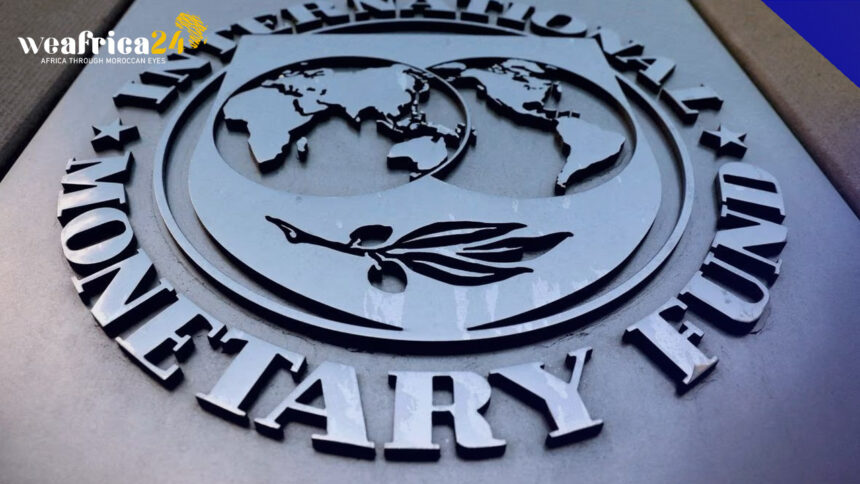According to the top IMF official for the region, Africa is experiencing a severe financial crunch that is threatening its long-term development and interrupting economic growth as a result of a string of unexpected shocks.
When Russia invaded Ukraine, the capital and commodities markets were already in turmoil, inflation was rising, and interest rates were starting to rise globally just as Sub-Saharan Africa was starting to recover from the economic effects of the COVID-19 pandemic.
According to Abebe Selassie, director of the IMF’s African Department, each one of those shocks would have been historically significant on its own. Additionally, they were piled in an area with little resistance. Therefore, that is a problem, he stated.
In the analysis, it was predicted that regional growth will decline for the second consecutive year, to 3.6% this year from 3.9% in 2022, before bouncing back to 4.2% the following year.
The cost of borrowing money for Africa has increased in both local and international markets as a result of a tightening of global monetary policy to combat inflation.







